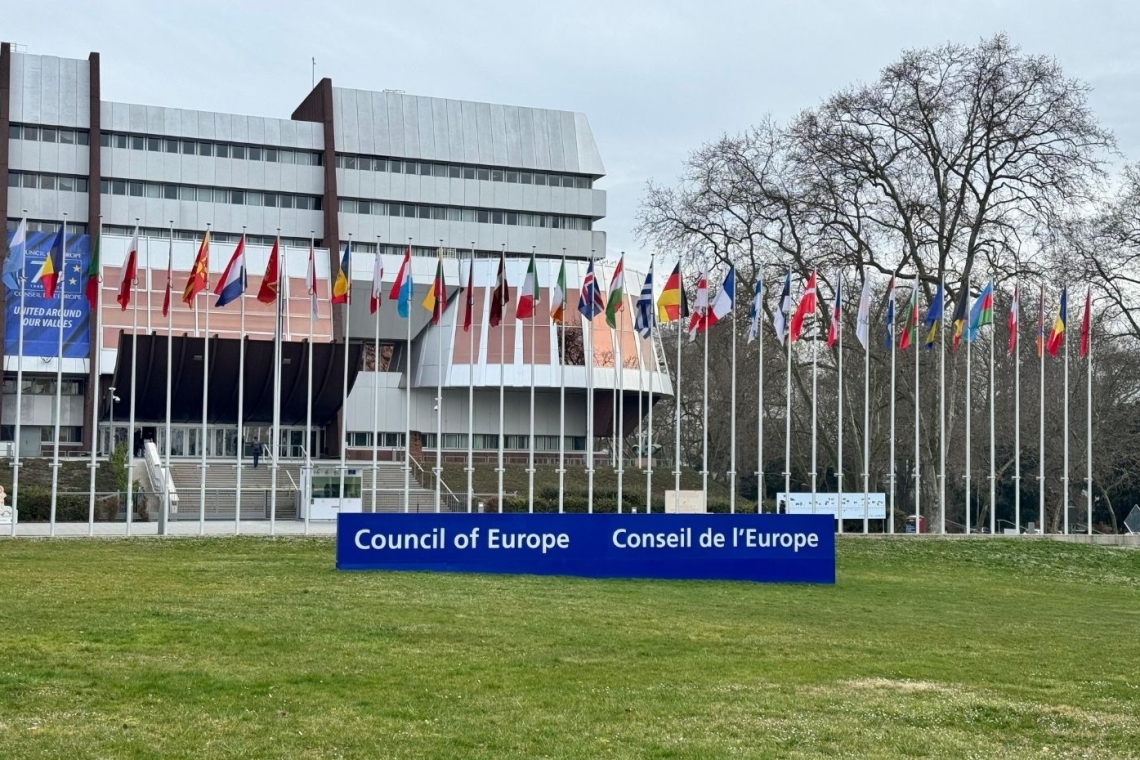The Media and Law Studies Association (MLSA) has submitted a notification to the Council of Europe’s Committee of Ministers, highlighting Turkey’s ongoing failure to implement rulings by the European Court of Human Rights (ECHR) related to freedom of expression and press freedom. The submission, made ahead of the Committee’s 1521st meeting scheduled for March 2025, draws attention to systematic violations of these rulings and notes that journalists and government critics continue to face prosecution under controversial laws.
ECHR rulings remain unimplemented
The notification, based on MLSA’s 2024 Justice Monitoring Report, outlines Turkey’s lack of compliance with ECHR judgments in five case groups, including landmark cases such as Öner and Türk and Nedim Şener. These rulings criticized Turkey for unjustified restrictions on freedom of expression and for the misuse of laws such as Article 7/2 of the Anti-Terror Law (TMK), which penalizes "terror propaganda," and Article 301 of the Turkish Penal Code (TCK), which criminalizes "insulting the Turkish nation."
Despite these rulings, Turkish courts continue to apply these laws arbitrarily, targeting dissenting voices. The Committee of Ministers had previously requested Turkey to provide data on the application of these laws and to address civil society concerns, but MLSA notes that these requests have gone unanswered. Judicial practices, the association adds, continue to undermine freedom of expression.
Journalists disproportionately targeted
MLSA monitored 281 freedom of expression trials in 2024, involving 1,856 defendants, 366 of whom were journalists. By January 2025, the number of journalists in prison had risen from 21 to 30. Fair trial violations were recorded in 68.4% of hearings, including interruptions during defense statements, heavy police presence in courtrooms, and frequent trial delays, which have contributed to an atmosphere of fear.
The misuse of Article 7/2 of the Anti-Terror Law persisted throughout 2024. Despite an ECHR ruling in 2013 mandating evidence of incitement to violence for such charges, 162 people, including 56 journalists, were prosecuted under this article. Among them was journalist Merdan Yanardağ, who received a 2.5-year prison sentence for comments made during a television broadcast. Another journalist, Neşe İdil, was given a suspended prison sentence for her social media posts.
Other laws, including Article 6/2 of the Anti-Terror Law and Article 301 of the Penal Code, were also applied broadly, often targeting journalists for their reporting or statements on sensitive issues.
Systematic issues persist
The Nedim Şener group of cases revealed the arbitrary use of pretrial detention against journalists, often with insufficient evidence. In 2024, detention periods for journalists ranged from five days to nine years. Examples include the detention of journalists Dicle Müftüoğlu and Sedat Yılmaz on terrorism charges. Both were eventually acquitted but spent months in prison, creating a chilling effect on press freedom.
New restrictions also emerged in 2024. Film producer Koray Kesik was subjected to a travel ban, and journalist Erdoğan Alayumat was placed under house arrest, further curbing the professional freedoms of media workers.
MLSA calls for reform and international action
MLSA has urged the Council of Europe to demand concrete steps from Turkey to revise its laws and end arbitrary judicial practices. Specific recommendations include amending Articles 6/2 and 7/2 of the Anti-Terror Law and Article 301 of the Penal Code, ensuring transparency in prosecution data, and delivering strong political messages supporting freedom of expression.
The association also advised the Council to consider drafting an interim resolution and maintaining strict oversight of freedom of expression cases if Turkish authorities fail to make progress.



